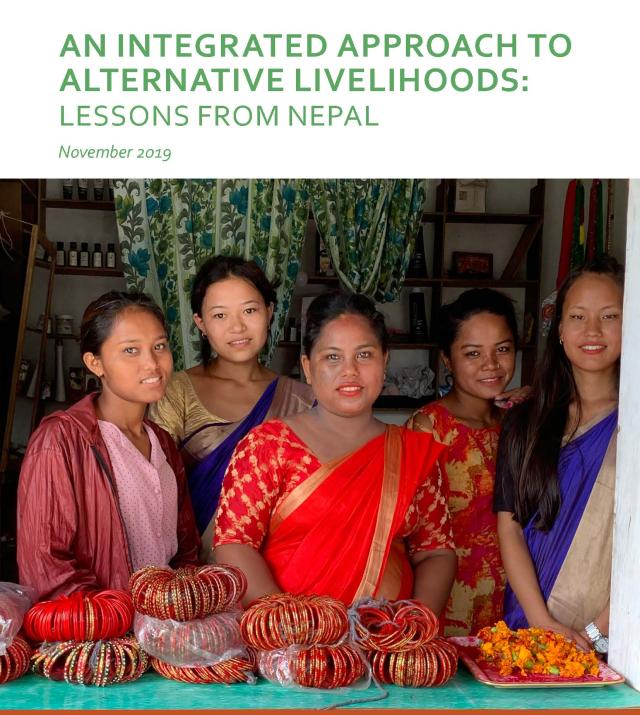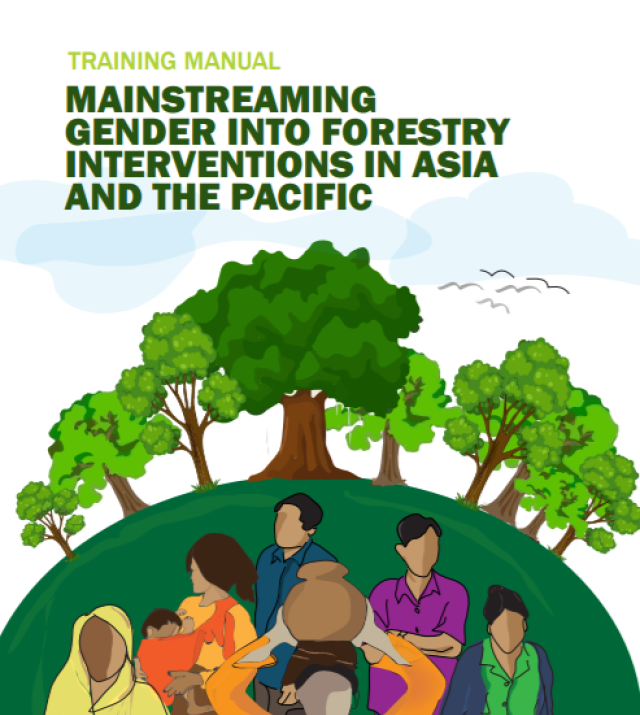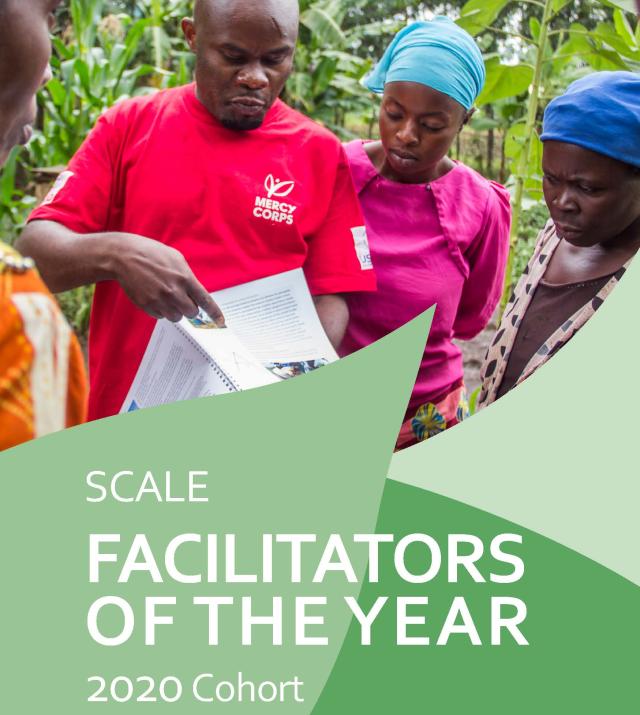
Alternative Livelihoods and Private Sector Engagement in South West Bangladesh

The impacts of rapid population growth, climate change, and pressure on natural resources are increasingly forcing rural households out of agriculture. Simultaneously, these same pressures require farming and non-farming households to become more resilient. Strengthening and diversifying livelihoods can address this double challenge by increasing assets and income, reducing vulnerability to specific hazards, and helping households manage risk.
To attain sustainable employment and earn income, Nobo Jatra, a USAID-funded Development Food Security Activity (DFSA), works with 18,000 ultra-poor participants, facilitating training to help them acquire technical skills for income generation. An extensive market assessment was undertaken to identify suitable and in-demand on-farm businesses as well as alternative livelihood options that are off-farm/non-farm and to determine strategies in incorporating profitable inclusion of the poor household into the identified business options. Based on the assessment, Nobo Jatra initiated public-private partnerships with small and medium businesses to strengthen linkages to the private sector, specifically those that are interested in expanding production in rural areas. Private sector partnership opportunities were expanded based on business feasibility, sustainability and social criteria, such as the potential for equitable involvement and fair wages for women and their households. To date, fifty-four partnerships have been established with small and medium businesses and over 17,000 ultra-poor women trained in a market-driven and sustainable trade of their choice.

